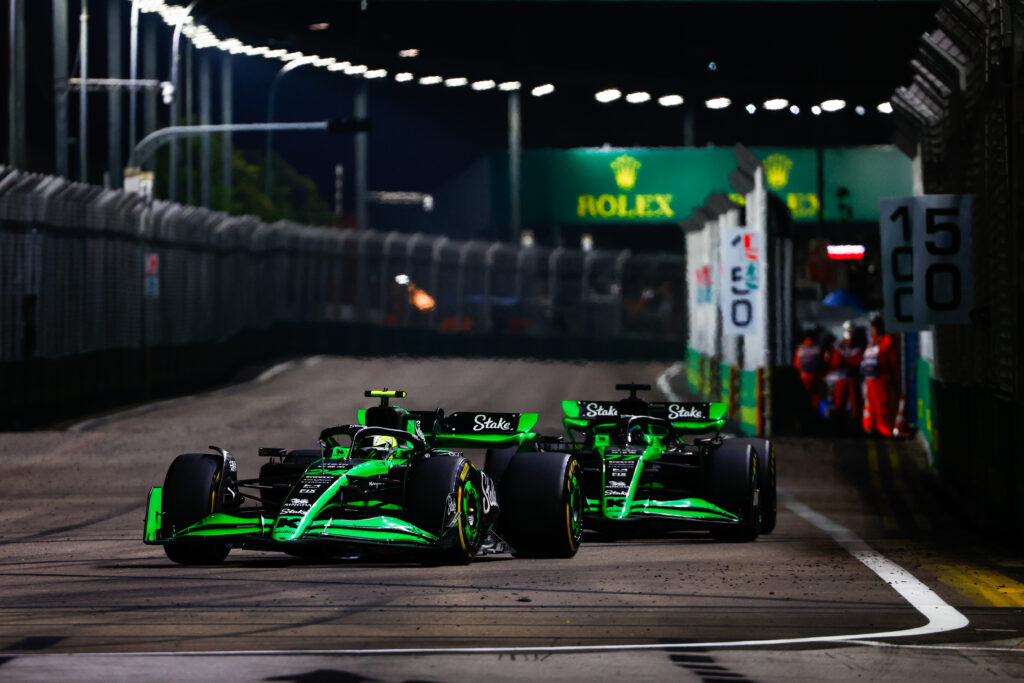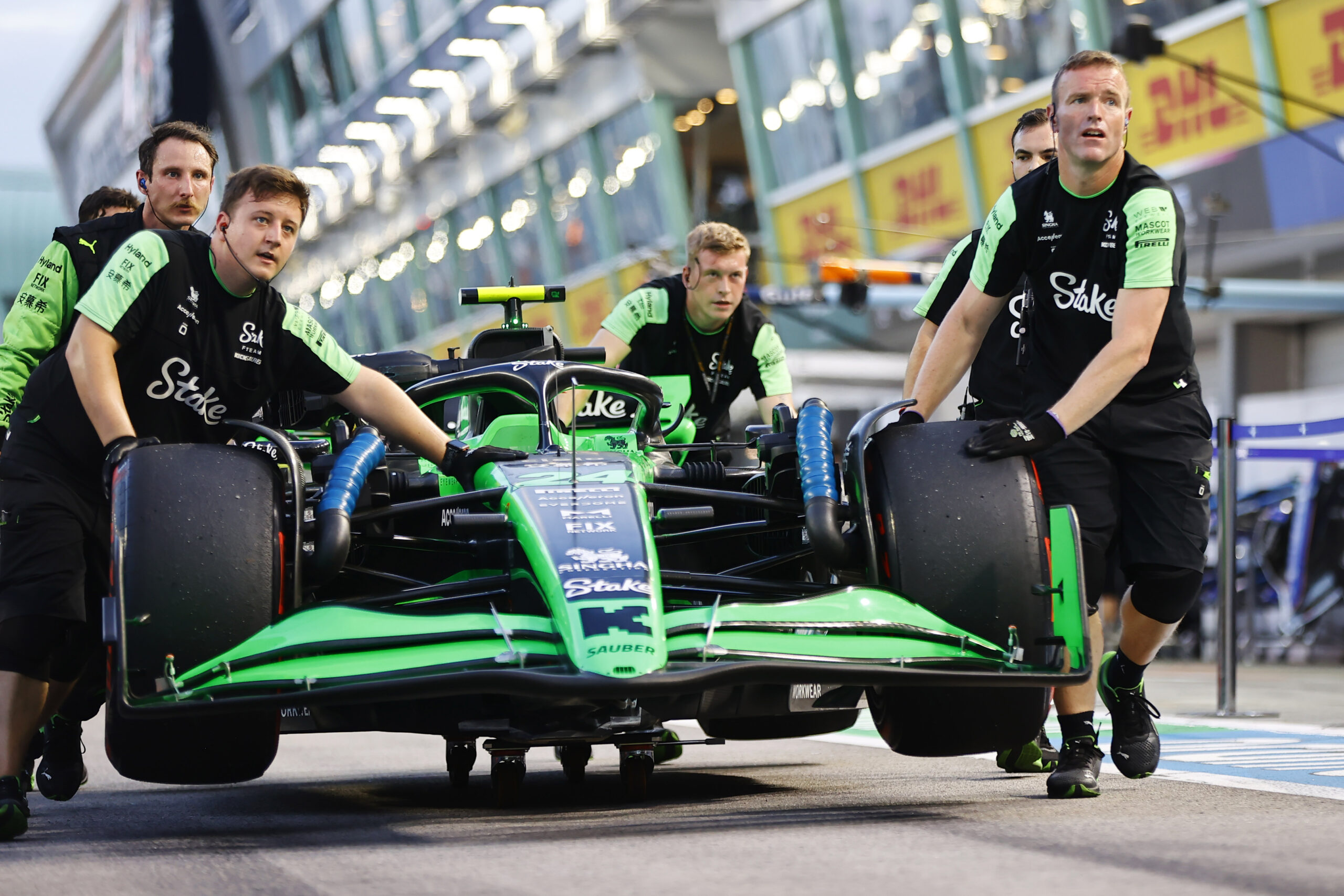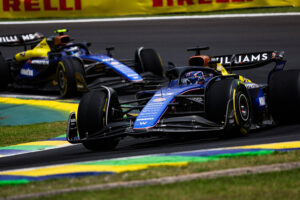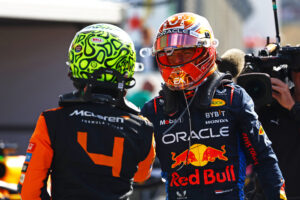There is plenty of anticipation for Audi’s 2026 F1 entry as an engine manufacturer. However, Mattia Binotto (appointed as Chief Technical Officer in August) says the team expect to be behind their competitors. At least initially, Binotto predicts a steep learning curve before Audi can become a top engine.
Binotto warns that Audi are playing catch-up
The 2024 season has been something of a nightmare for Sauber. After eighteen rounds and several sprints, the Swiss team are still without points.
Considering the C44’s lack of performance this year (especially as other teams have brought updates) there has been little to celebrate. In many ways, observers could describe Sauber as fortunate to have secured Nico Hulkenberg’s signature for 2025.
Then again, Audi’s arrival could be a game-changer. Whilst the team’s current results are very poor, things could change drastically with the new 2026 regulations.
However, there is no guarantee the German manufacturer will deliver a top power unit straight away. Other teams like Mercedes, Ferrari and Honda have far more established engine departments.
For Audi, the next eighteen months will consist of an aggressive recruitment phase to assemble the necessary personnel to compete at the highest level of Formula 1.

Audi weary of potential 2026 deficit
Speaking to the media, Mattia Binotto has explained the process necessary to climb the F1 ladder:
“I think here as well, it’s a learning process. We are competing with other organisations where manufacturers are settled down,” Motorsportweek quotes him as saying.
“Certainly, all the experience is pretty important and valid.
“So while I think the organisation there [at Audi] is great, the facilities are great, the programs are going ahead, still there is a learning curve, which needs to be done.
“So I’m expecting initially to have a gap to recover. How big it will be, I think that you can never know.”
As mentioned by many senior personnel across the paddock, including Williams team principal James Vowles, the 2026 regulations will change the pecking order.
More specifically, the introduction of new engines will see greater differences between manufacturers than those which currently exist.
For Audi, producing a reasonable power unit is essential if they are to be competitive. If they have a significant deficit in horsepower, then catching up to other teams aerodynamically will become an even bigger challenge.
Still, these risks are natural in the transition from customer to manufacturer team as Sauber/Audi take full control of their development.






